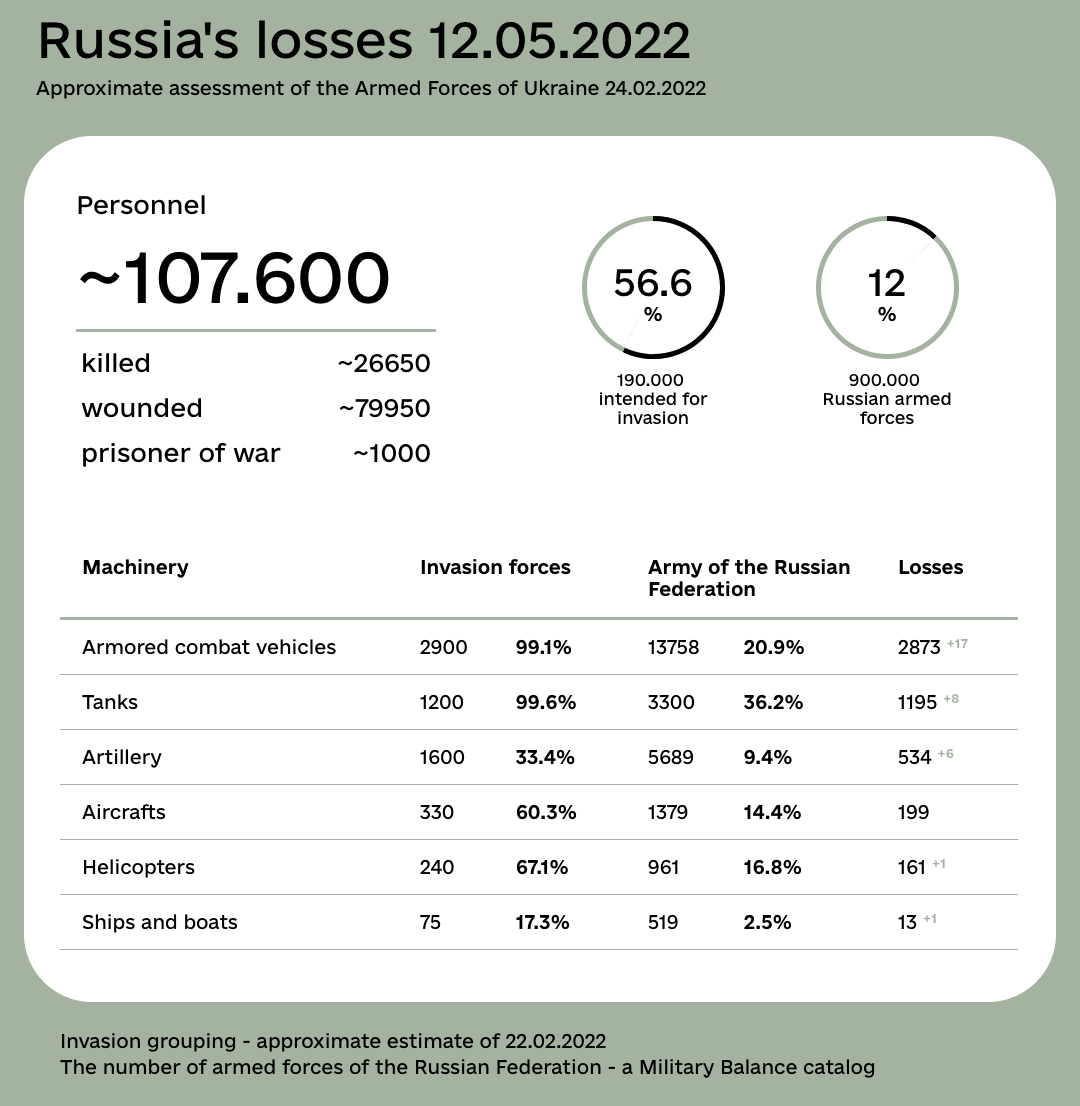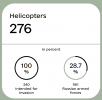While Petkov, who was Bulgarian prime minister at the outbreak of the war, was attempting to pull the country in a more westward, pro-NATO trajectory, he had to grapple with
intense blowback from pro-Kremlin politicians, including among his coalition partners, the Socialists, who are the successors to the old Communist Party.
He even had to fire his own defense minister for parroting Russia’s spin on the war. In public, at least, Petkov sought to play down any idea that Bulgaria — despite considerable stocks of Soviet-era weaponry — would step up and arm Ukraine.
Given these sensitivities, Bulgaria’s official stance toward the war has seen it lumped in the same basket as Viktor Orbán’s Hungary — too politically in hock to Moscow to pull its weight.
But Petkov and Vassilev, now opposition politicians seeking a path back to power in expected upcoming elections, have broken their silence on the true scale of Bulgaria’s role last spring.
While the Socialist Party in Sofia called Bulgarian arms deliveries to Ukrainian forces a “red line,” Petkov’s officials avoided government-to-government transactions and used intermediary companies in Bulgaria and abroad to open up supply routes by air and land through Romania, Hungary, and Poland.









